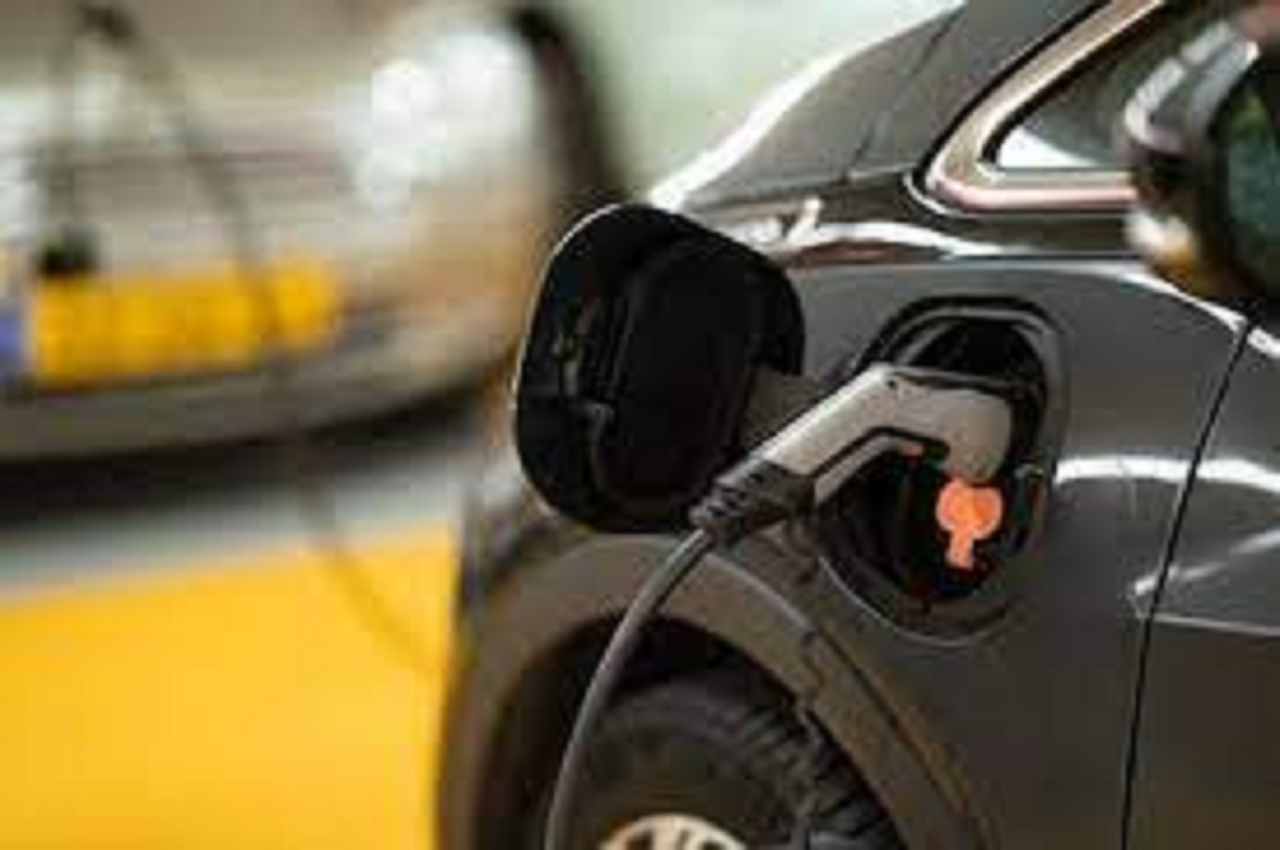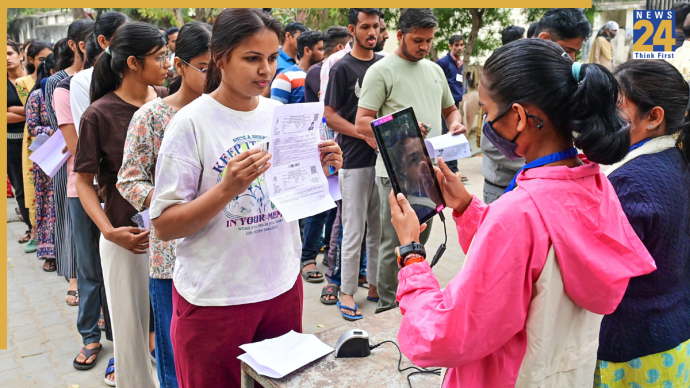New Delhi: Fifty seven electric vehicles have been deployed by Delhi International Airport Limited (DIAL), which runs and manages the airport in the capital.
The deployment of the EVs is a part of the Green Transportation Program, which DIAL unveiled in June of this year during World Environment Day.
With this, the Delhi Airport has implemented EVs before any other airport in the nation.
According to officials, the action will contribute to a yearly reduction in greenhouse gas emissions of about 1,000 tonnes.
DIAL has started the adoption of EVs as part of the Green Transportation Program and is phasing out all diesel and gasoline-powered vehicles.
DIAL has ordered 64 EVs for its airside and landside activities in the first phase. Seven of these have yet to be deployed, while the other 57 have already done so.
These 57 EVs will be utilised by several DIAL departments on the landside, including Environment, Horticulture, and Cargo, among others. Of these EVs, 21 are being deployed on the airside and will be used by Airside operations, Airport Rescue & Fire Fighting, and AGL teams.
Launched in June 2022, the Green Transportation initiative seeks to help Delhi International Airport (DIAL) make a quick transition to green mobility, drastically reduce greenhouse gas emissions, and eventually become a “Net Zero Carbon Emission Airport” (NZCEA) by 2030.
DIAL has also installed 12 charging stations with 22 charge ports across the airport to support EV charging for customers, staff members, and taxi service providers, in order to facilitate the smooth adoption of electric mobility in the airport ecosystem.
Along with the newly introduced EVs, DIAL has made it easier for people to take electric buses to get from Terminal 3 to the Passenger Transport Centre (PTC) building.
Currently, these buses transport passengers every 20 minutes between these two destinations.













